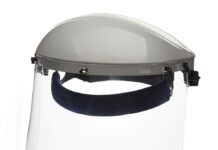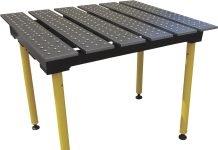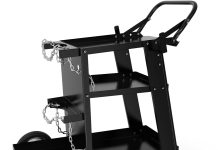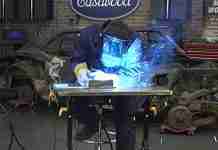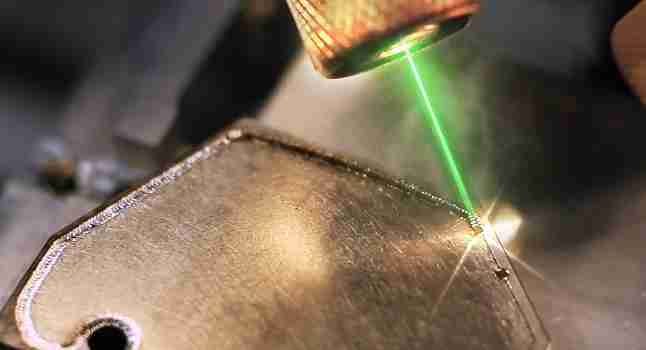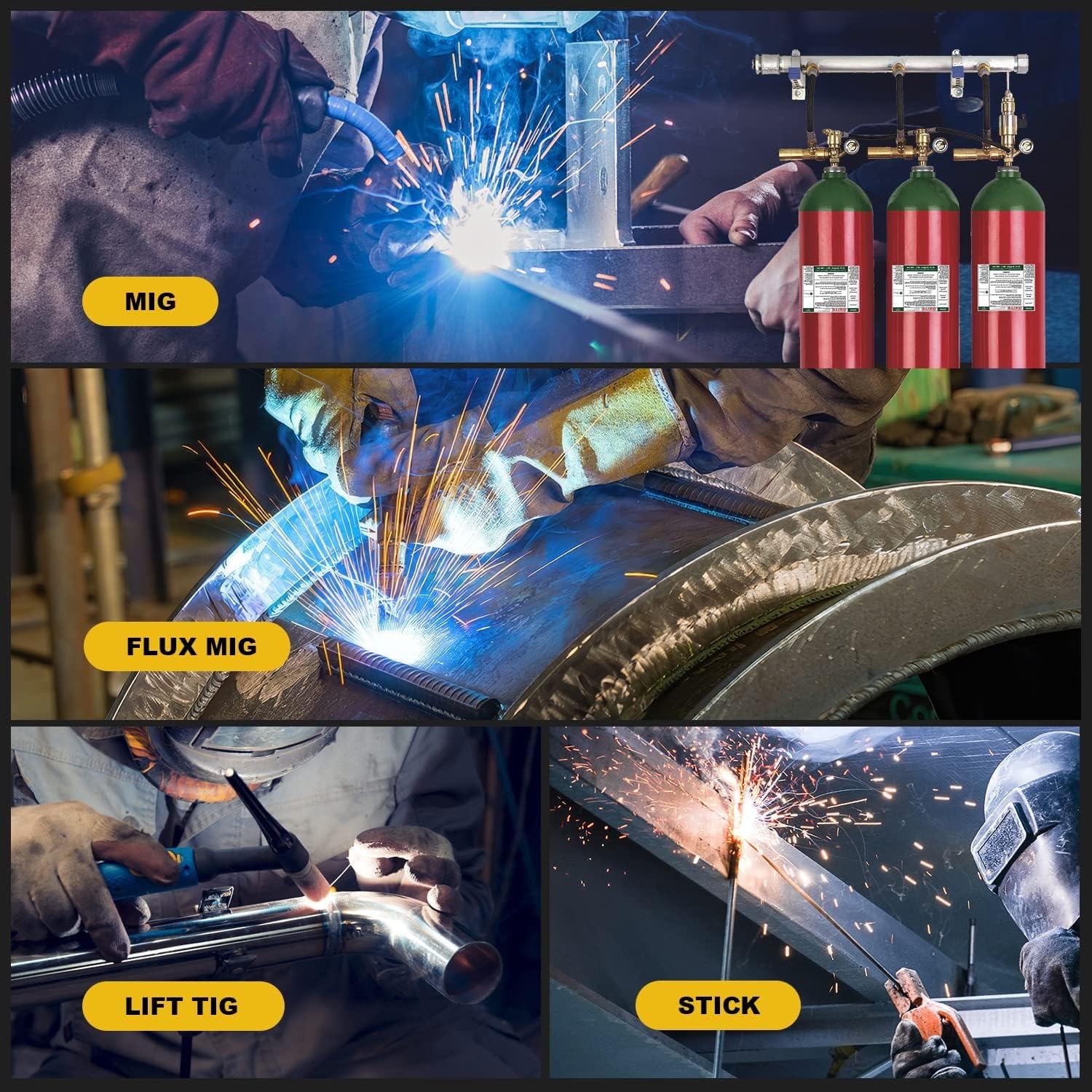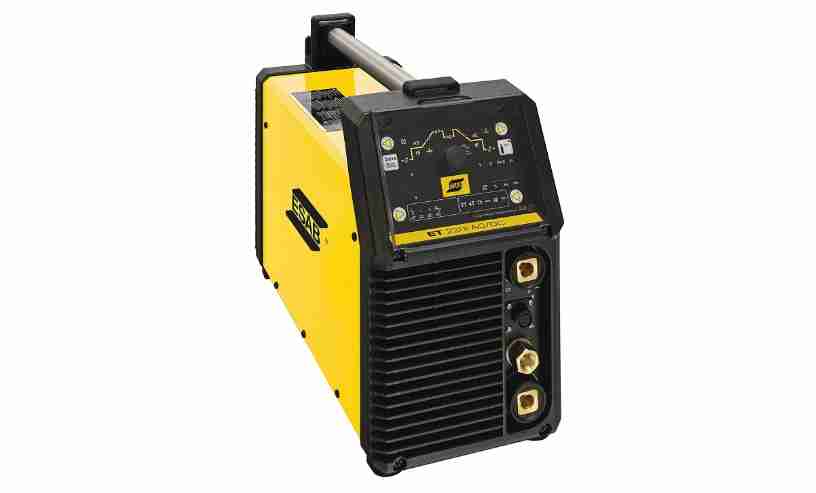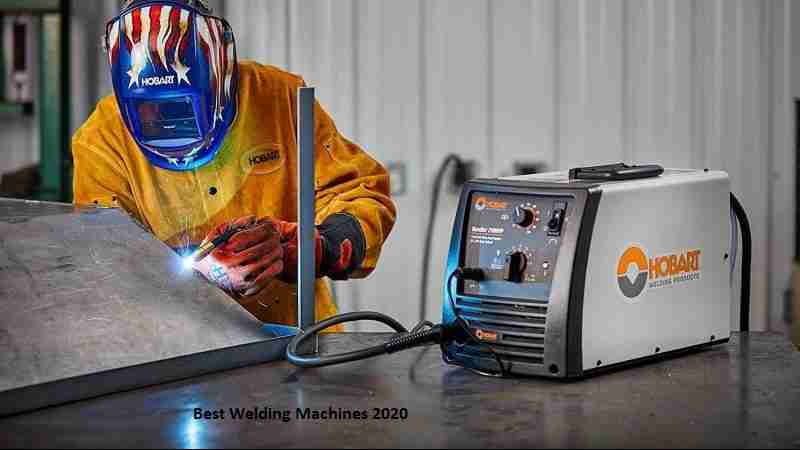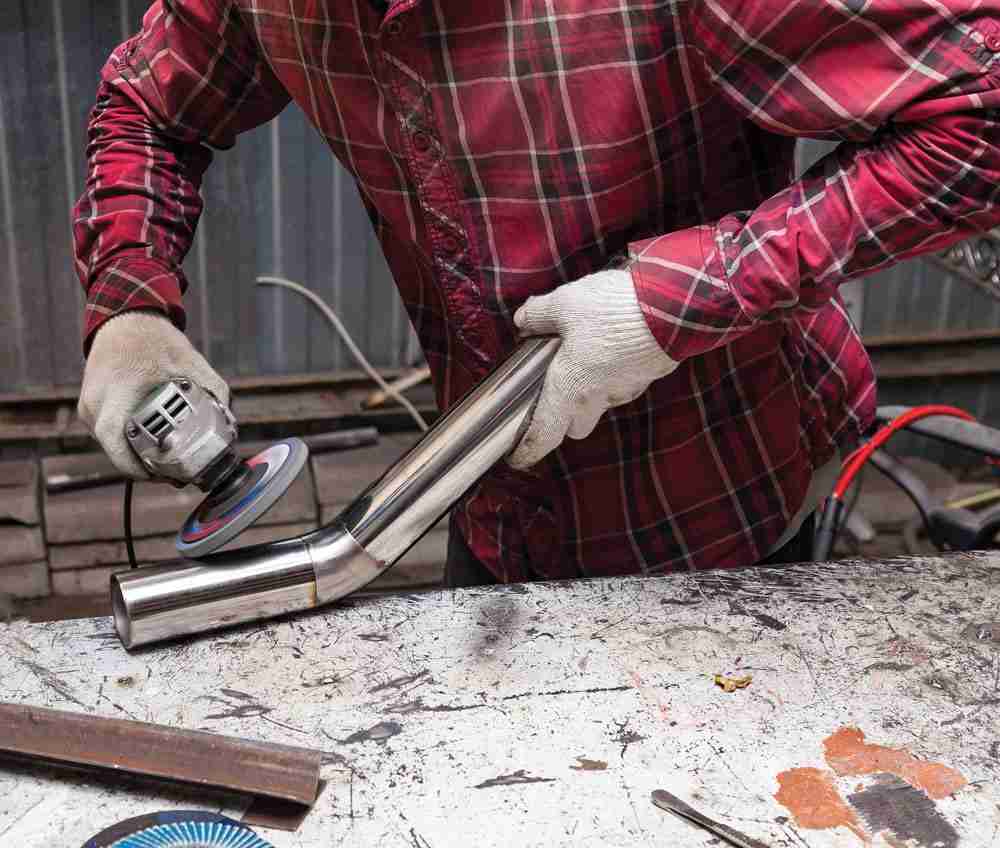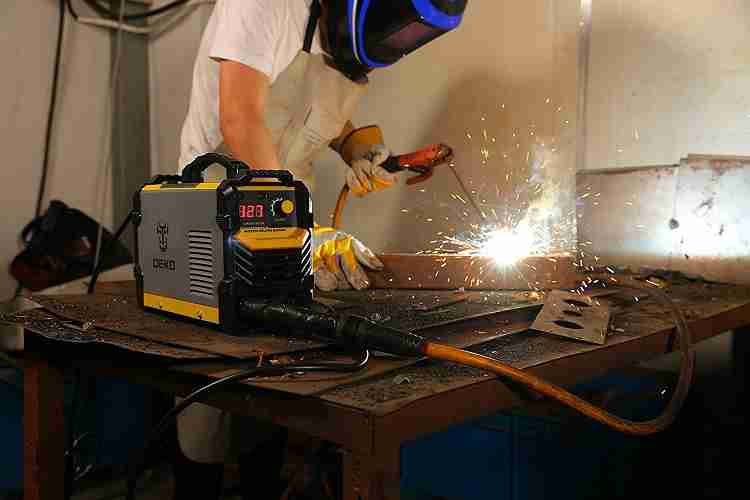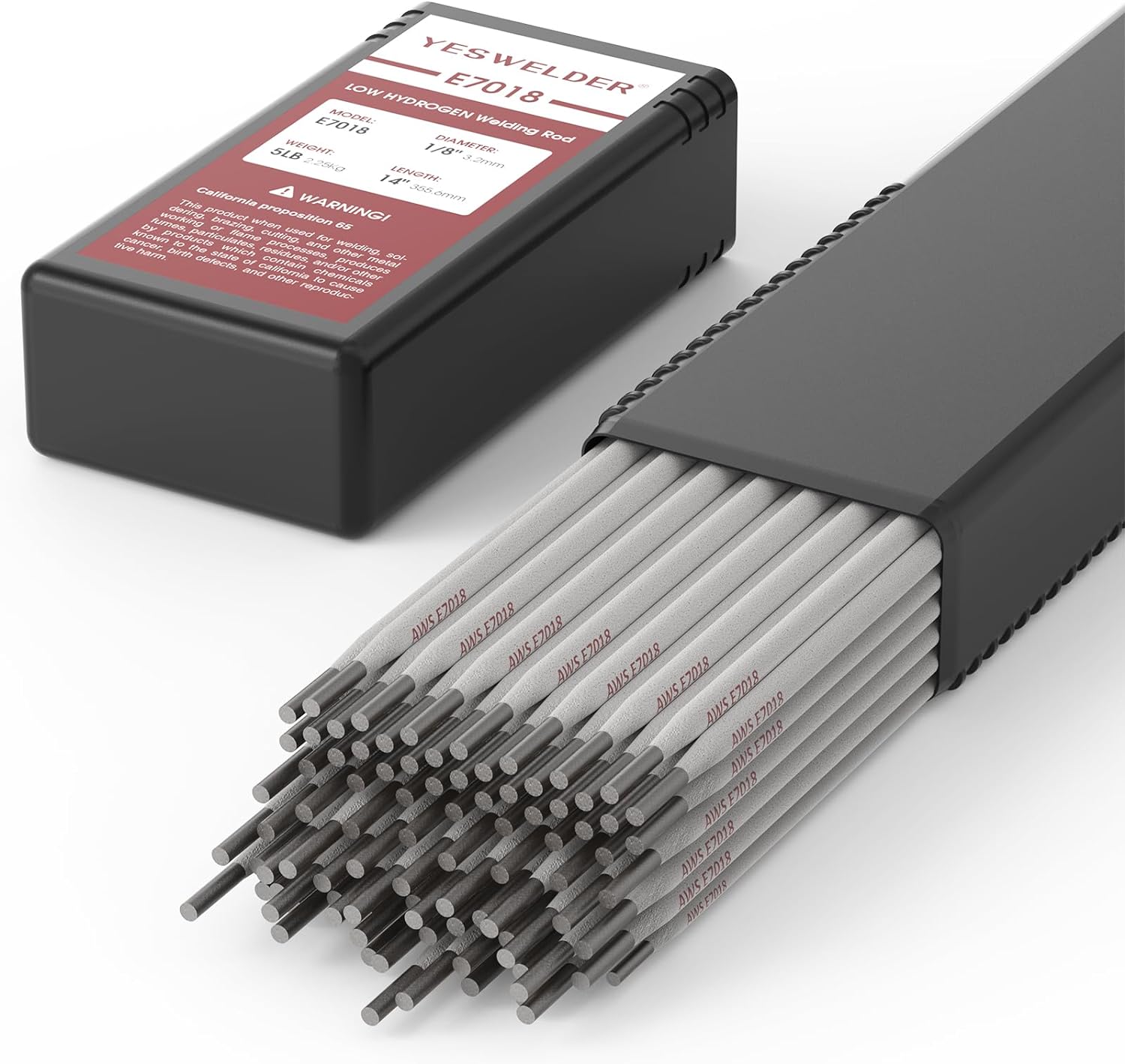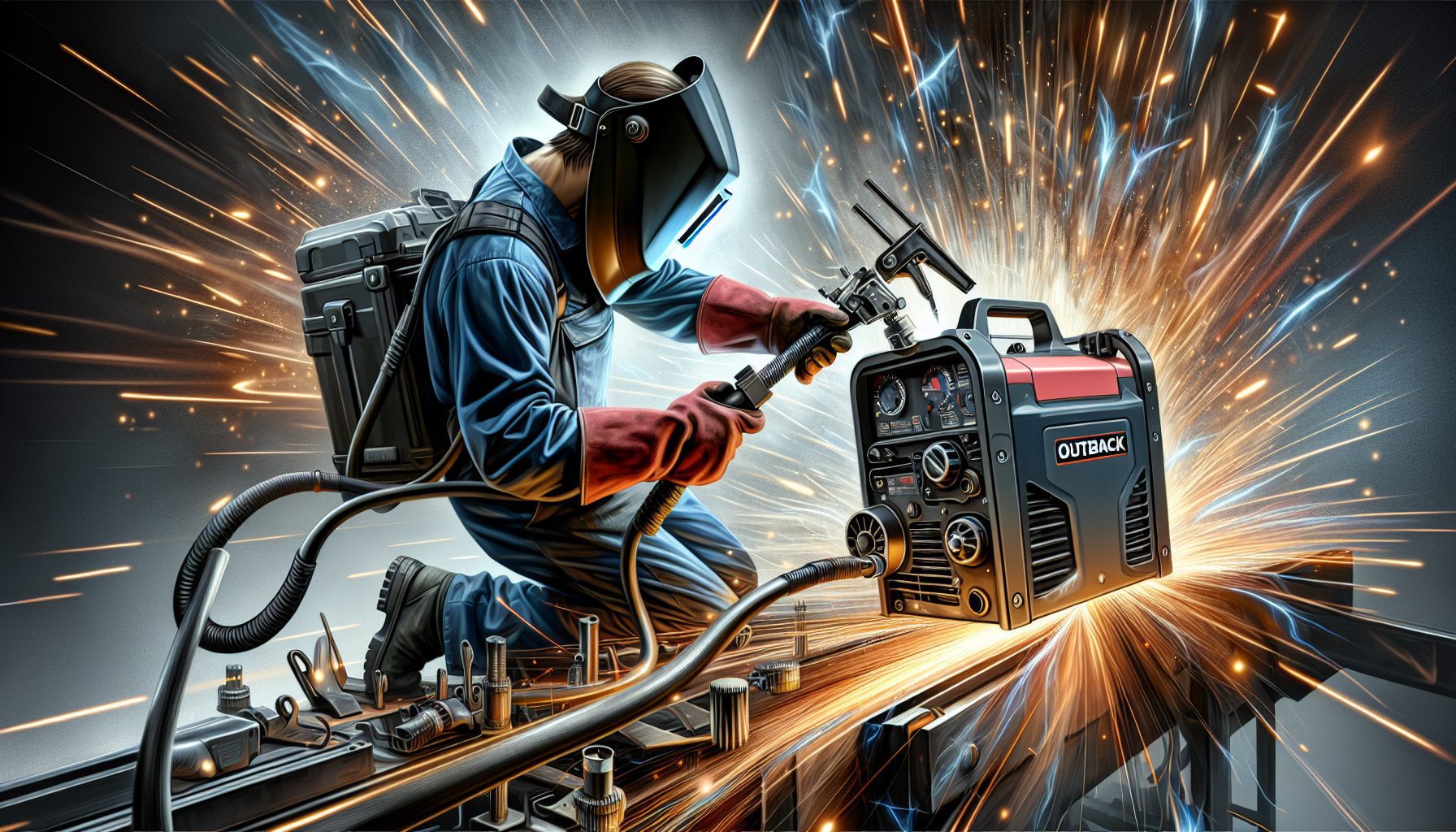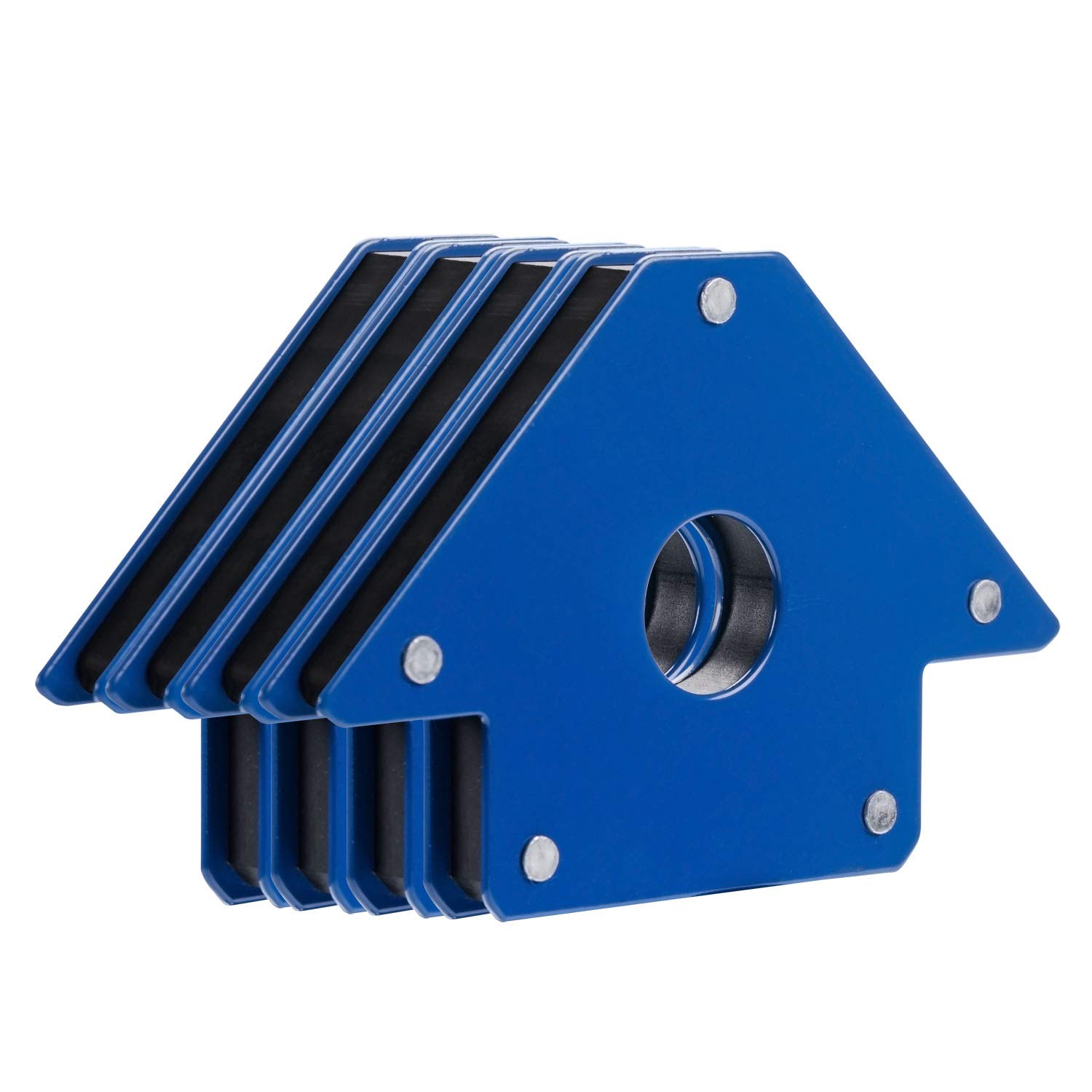Let’s talk about welding tables and the variety of materials they are made from. When it comes to welding, having a sturdy and reliable work surface is essential, and welding tables are designed to provide just that. These tables come in various shapes and sizes, but what really matters is the material they are constructed from. From heavy-duty steel to heat-resistant aluminum, there is a range of options available to cater to different welding needs. In this article, we will explore some of the common materials used for welding tables, highlighting their strengths and benefits. So, if you’re curious to know what goes into making these vital tools for welders, keep reading! Welding tables are an essential tool for any welder, providing a stable and sturdy surface to work on. These tables come in a variety of materials, each with its own unique characteristics and benefits. In this article, we will explore the different types of materials used in welding tables, their advantages, and their applications.
Metal Welding Tables
Steel
Steel welding tables are the most common and widely used type of welding table. Known for their durability and strength, steel tables can withstand the intense heat and pressure associated with welding. They are often made from high-quality carbon or alloy steel, ensuring their longevity and resistance to deformation. Steel welding tables are suitable for a wide range of welding applications and can support heavy workpieces with ease.
Cast Iron
Cast iron welding tables are prized for their exceptional heat resistance and stability. They are typically made by pouring molten iron into a mold, resulting in a dense and solid construction. Cast iron tables can withstand high levels of heat without warping or deforming, making them ideal for applications involving intense heat, such as welding cast iron components. They are also known for their vibration-dampening properties, ensuring a stable work surface.
Aluminum
Aluminum welding tables are lightweight and easily transportable, making them a popular choice for mobile welding applications. They offer excellent corrosion resistance and high thermal conductivity, allowing heat to dissipate quickly. Aluminum tables are often constructed using extruded aluminum sections, providing a robust and rigid structure. They are suitable for light to medium-duty welding tasks and are commonly used in industries such as automotive and aerospace.
Wood Welding Tables
Plywood
Plywood welding tables offer a cost-effective alternative to metal tables. They are constructed using multiple layers of wood veneers glued together, resulting in a strong and stable surface. Plywood tables are lightweight and easy to customize, making them a popular choice for DIY enthusiasts and small-scale welding projects. However, they are not recommended for heavy-duty or high-heat applications as they are prone to warping and charring.
Hardwood
Hardwood welding tables are durable and provide a solid work surface. They are made from dense and robust varieties of wood, such as oak, beech, or maple. Hardwood tables offer excellent resistance to wear and tear, allowing them to withstand heavy workpieces and continuous use. They also provide good thermal insulation, reducing the risk of heat transfer to the table structure. Hardwood welding tables are commonly used in professional workshops and manufacturing facilities.
Particle Board
Particle board welding tables are affordable and lightweight, making them suitable for budget-conscious welders and hobbyists. They are composed of wood particles or fibers bonded together with an adhesive and compressed under high pressure. While particle board tables may not offer the same level of durability and heat resistance as other materials, they can still serve as a convenient and versatile option for light-duty welding tasks.
Composite Welding Tables
Fiberglass
Fiberglass welding tables offer a unique combination of strength, durability, and chemical resistance. They are composed of layers of glass fibers embedded in a resin matrix, resulting in a lightweight yet robust material. Fiberglass tables can withstand high temperatures and are resistant to corrosion, making them suitable for a wide range of welding applications, including those involving corrosive substances.
Phenolic Resin
Phenolic resin welding tables are known for their excellent resistance to heat, chemicals, and wear. They are constructed using layers of phenolic resin-impregnated kraft paper, which are compressed together under high pressure and heat. Phenolic resin tables offer a smooth and non-stick work surface, preventing weld splatter from adhering to the table. They are commonly used in industries where cleanliness, chemical resistance, and heat resistance are crucial, such as pharmaceutical or food processing.
HDPE (High-Density Polyethylene)
HDPE welding tables are lightweight and durable, with excellent resistance to chemicals and impact. HDPE is a thermoplastic polymer with a high strength-to-density ratio, making it suitable for heavy-duty welding applications. It is also resistant to moisture, making HDPE tables ideal for outdoor welding tasks. Additionally, HDPE welding tables are easy to clean, as weld splatter and other debris can be easily removed from the surface.
Plastic Welding Tables
PVC (Polyvinyl Chloride)
PVC welding tables are lightweight, affordable, and resistant to corrosion. They are constructed using rigid PVC sheets, providing a sturdy work surface. PVC tables are commonly used for light-duty welding tasks and are suitable for welders who require a portable and cost-effective option.
Acrylic
Acrylic welding tables offer exceptional transparency and chemical resistance. They are made from a thermoplastic material known as polymethyl methacrylate (PMMA), commonly referred to as acrylic glass. Acrylic tables provide a clear and unobstructed view of the workpiece, allowing welders to accurately monitor their progress. However, they are not suitable for high-heat applications, as acrylic has a lower heat resistance compared to other materials.
Polycarbonate
Polycarbonate welding tables are incredibly strong and impact-resistant. They are made from a durable thermoplastic polymer, making them suitable for heavy-duty welding tasks. Polycarbonate tables offer excellent heat resistance and can withstand high temperatures without deformation. They also provide good optical clarity, allowing welders to have a clear view of their work. Polycarbonate tables are commonly used in industries where safety and impact resistance are paramount.
Adjustable Welding Tables
Steel Frame with Adjustable Top
Steel frame welding tables with adjustable tops offer flexibility and versatility. The tables feature a sturdy steel frame that provides stability, while the adjustable top allows for various angles and height settings. Welders can easily adapt the table to suit their specific welding needs, whether it’s working on different-sized workpieces or achieving the desired working angle. Steel frame tables are suitable for both professional and DIY applications, providing a reliable and adjustable work surface.
Aluminum Frame with Adjustable Top
Aluminum frame welding tables with adjustable tops combine the lightweight nature of aluminum with the flexibility of an adjustable work surface. These tables are often equipped with an aluminum frame, which offers strength and durability, while the adjustable top allows for height and angle adjustments. Aluminum frame tables are popular among welders who require a portable and adjustable workstation, as they are lightweight and easy to maneuver.
Hydraulic Adjustable Tables
Hydraulic adjustable tables are designed for heavy-duty and precision welding tasks. These tables feature a hydraulic system that allows for smooth and effortless height adjustments. Welders can easily position the table at the desired height, enabling them to work comfortably and efficiently. Hydraulic adjustable tables are commonly used in industrial settings, such as fabrication shops or manufacturing plants, where precise control and stability are crucial.
Custom Welding Tables
Fabricated Steel Tables
Fabricated steel welding tables are tailor-made to meet specific welding requirements. These tables are crafted from high-quality steel and can be customized in terms of size, shape, and features. Welders can work closely with manufacturers to design a table that complements their workflow and optimizes their productivity. Fabricated steel tables are commonly used in specialized industries or for unique welding applications where standard tables may not suffice.
Modified Existing Tables
Modified existing tables offer a cost-effective solution for welders who already have a basic welding table but require additional features or improvements. Instead of purchasing a new table, welders can modify their existing table by adding accessories, such as clamps, holders, or adjustable features. By customizing the table to their specific needs, welders can enhance their efficiency and functionality without incurring the cost of a new table.
Specialized Welding Jigs and Fixtures
Specialized welding jigs and fixtures provide a dedicated and precise setup for welding specific components or complex assemblies. These fixtures are designed to securely hold the workpiece in the correct position, allowing welders to perform accurate and repeatable welds. Specialized jigs and fixtures can be made from various materials, depending on the application, with steel and aluminum being commonly used. They are used in industries such as automotive, aerospace, or manufacturing, where consistent weld quality and alignment are critical.
Portable Welding Tables
Foldable Steel Tables
Foldable steel welding tables are designed for welders who require a portable and compact solution. These tables can be easily folded and transported, making them ideal for mobile welding applications or workshops with limited space. Foldable steel tables offer the durability and stability of a steel construction, ensuring a reliable work surface, even when working away from the main workshop.
Aluminum Folding Tables
Aluminum folding tables provide welders with a lightweight and portable option for on-the-go welding tasks. These tables are typically made from lightweight aluminum frames with a folding mechanism, allowing for easy transportation and storage. Aluminum folding tables are suitable for light-duty applications and are popular among welders who frequently work at different locations or need a portable solution for occasional welding tasks.
Lightweight Plastic Tables
Lightweight plastic welding tables are a convenient and cost-effective choice for welders who prioritize portability and ease of use. These tables are often made from high-density polyethylene (HDPE) or similar plastic materials, offering a lightweight yet sturdy construction. Plastic tables are resistant to corrosion and can be easily cleaned, making them suitable for outdoor or temporary welding setups. They are commonly used in DIY projects, home workshops, or small-scale welding applications.
Industrial Welding Tables
Heavy-Duty Steel Tables
Heavy-duty steel welding tables are designed to withstand demanding industrial environments and rigorous welding applications. These tables are constructed from thick and robust steel plates, providing exceptional strength and stability. Heavy-duty steel tables can support heavy workpieces without deformation or vibration, ensuring precise and accurate welds. They are commonly found in large-scale manufacturing facilities or heavy fabrication industries.
Heat-Resistant Cast Iron Tables
Heat-resistant cast iron welding tables are specifically engineered to withstand extreme heat and heavy-use conditions. These tables are made from cast iron with superior heat resistance properties, allowing them to handle high-temperature welding applications, such as welding cast iron components. Heat-resistant cast iron tables provide excellent thermal stability, ensuring minimal distortion or warping even under prolonged exposure to heat.
Industrial-Grade Aluminum Tables
Industrial-grade aluminum welding tables offer a versatile and lightweight solution for heavy-duty industrial welding tasks. These tables are made from high-quality aluminum alloy that provides strength, durability, and resistance to corrosion. Industrial-grade aluminum tables are commonly used in industries such as automotive, aerospace, or shipbuilding, where a combination of strength, portability, and chemical resistance is required.
Surface Coatings for Welding Tables
Powder Coating
Powder coating is a popular surface treatment for welding tables due to its durability and protective properties. Powder coating involves applying a dry powder to the table’s surface, which is then cured under heat to form a hard and resilient finish. Powder coating provides excellent corrosion resistance, chemical resistance, and a smooth finish, preventing weld splatter from adhering to the table. It also adds an aesthetic appeal to the welding table, with a wide range of colors and finishes available.
Epoxy Coating
Epoxy coating is a highly durable and chemical-resistant surface treatment commonly used for welding tables in demanding environments. Epoxy coatings consist of a mixture of resin and a hardening agent that chemically reacts to form a tough and protective layer. Epoxy coatings offer excellent resistance to abrasion, chemicals, and impact, ensuring the longevity of the welding table. They also provide a smooth and easy-to-clean surface, ideal for preventing weld splatter or other debris from sticking.
Phosphate Coating
Phosphate coating is a conversion coating process that involves depositing a layer of phosphate onto the welding table’s surface. Phosphate coatings offer excellent corrosion resistance, providing a protective barrier between the metal surface and the environment. They also promote paint adhesion, making them an ideal surface treatment for subsequent painting or powder coating. Phosphate coatings are commonly used in industrial settings where robust corrosion protection is required.
Specialized Welding Tables
Rotating Welding Tables
Rotating welding tables are designed to enable welders to rotate the workpiece, allowing for easier access to different welding angles. These tables typically feature a rotating platform that can be manually or motorized operated, providing welders with the flexibility to position the workpiece in the desired orientation. Rotating welding tables are commonly used in applications that require welding on cylindrical or irregularly shaped objects, improving welding efficiency and accessibility.
Welding Positioners
Welding positioners are specialized devices that assist in positioning and rotating the workpiece during welding. These positioners consist of a table or platform mounted on a rotating base, allowing for precise control of the workpiece’s position and orientation. Welding positioners are particularly useful for large or heavy workpieces that may be difficult to manipulate manually. They help welders achieve accurate and consistent welds by ensuring optimal access to all areas of the workpiece.
Motorized Tilt Tables
Motorized tilt tables are designed to provide adjustable tilting angles, allowing for convenient welding positions. These tables feature a motorized mechanism that enables the user to adjust the table’s tilt angle, providing optimal positioning for welding. Motorized tilt tables enhance ergonomics and reduce fatigue by allowing welders to work in a more comfortable and natural posture. They are commonly used in industries that require precise welds in hard-to-reach areas or in applications involving complex assemblies.
In conclusion, welding tables come in a wide variety of materials and configurations, each offering its own set of advantages and applications. Whether you require a sturdy and heat-resistant surface for heavy-duty welding or a portable and adjustable worktable for on-the-go tasks, there is a welding table available to meet your specific needs. It is important to consider factors such as the type of welding application, the materials being welded, and the desired features when selecting a welding table. By choosing the right welding table, welders can enhance their efficiency, accuracy, and overall welding experience.




